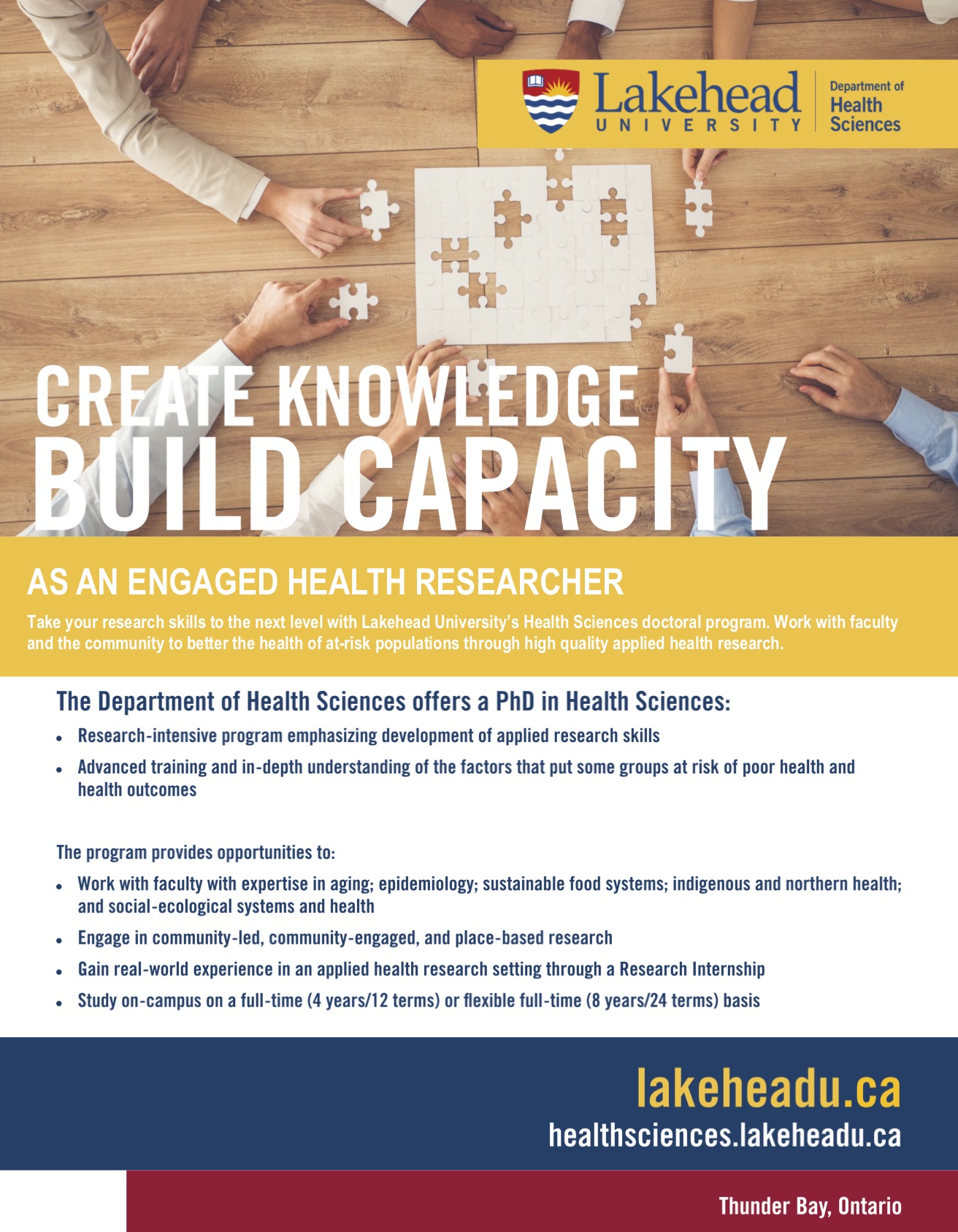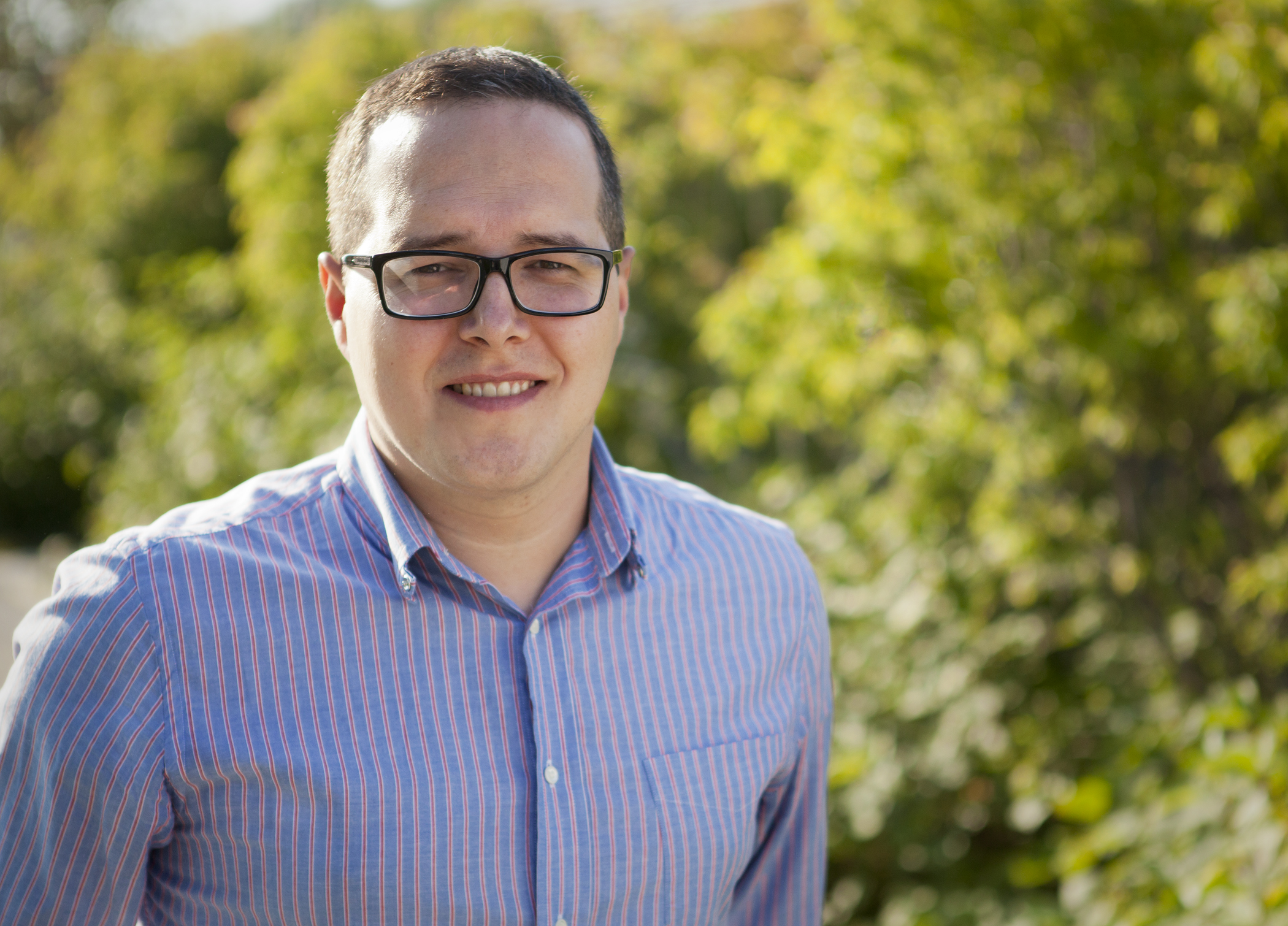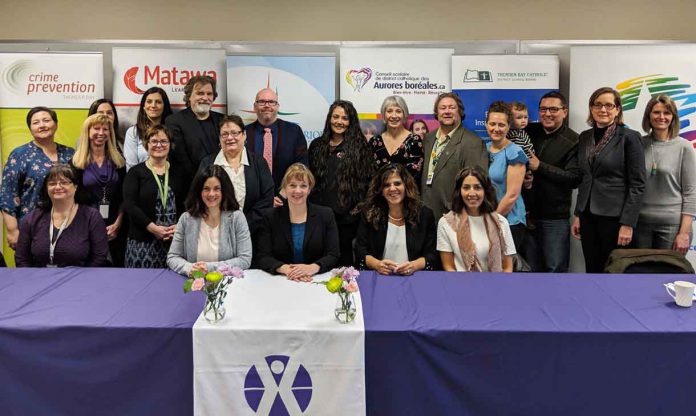The TBDHU is grateful to have received $995,000 in funding, over 5 years from the Public Health Agency of Canada (PHAC) to implement the Youth Violence Prevention Project throughout the city of Thunder Bay and District. This exciting initiative provides the capacity to implement a school-based, skills-focused, healthy relationships program aimed at preventing teen dating violence and related risk behaviours for Grade 7-9 youth in our region.
Project partners include:
- Thunder Bay Crime Prevention Council
- Thunder Bay Drug Strategy
- Centre for Rural and Northern Health Research (Lakehead University)
- Lakehead District School Board
- Thunder Bay Catholic District School Board
- Conseil Scolaire de District Catholique des Aurores Boreales
- Northern Nishnawbe Education Council
- Matawa Learning Centre
- Superior Greenstone District School Board
- Superior North Catholic District School Board
Together we will implement the Fourth R, an evidence-based program that addresses the Grade 7-9 Ontario Health Curriculum with units on:
1. Personal Safety & Injury Prevention
2. Substance Use, Addictions and Related Behaviours
3. Human Development and Sexual Health
4. Healthy Eating
The Fourth R applies a youth-focused, strengths-based strategy to empower students with the knowledge, positive relationship skills and decision-making abilities to target the unhealthy behaviours and attitudes that contribute to teen violence perpetration and victimization.
The Centre for Rural and Northern Health Research is one of the principle partners in the project. Working with the partners, we assisted in the development of the proposal, and will conduct a project evaluation to document what works or doesn’t work in teen dating violence prevention and programming locally. Innovations to the program include creating a youth-informed Booster module for Grade 10 students and enhancing the Grade 9 Indigenous Informed version of the curriculum to reflect our Northern context.
As we implement and evaluate the Fourth R in schools throughout our district, we anticipate that there will be positive and sustained changes in attitude, knowledge, skills and behaviours among staff and students and we will increase the capacity in schools to implement healthy relationships programming. In the long-term, we hope this innovation will reduce teen dating violence and gender-based violence in Thunder Bay and District.




